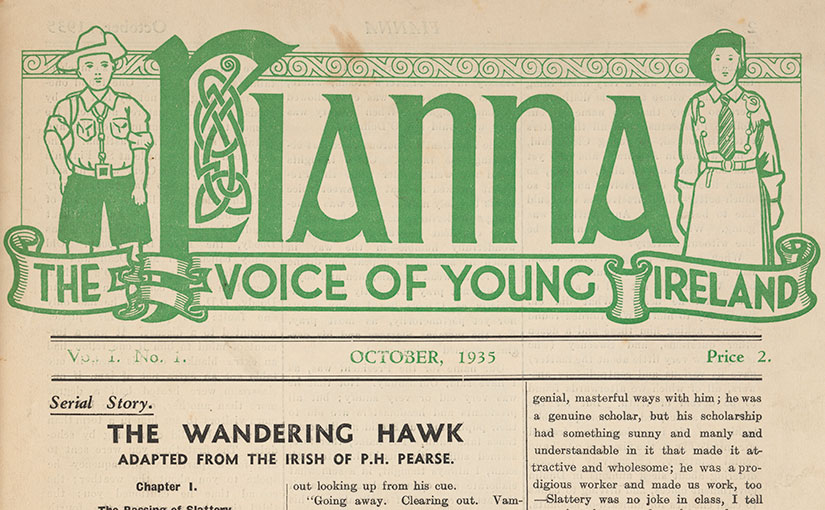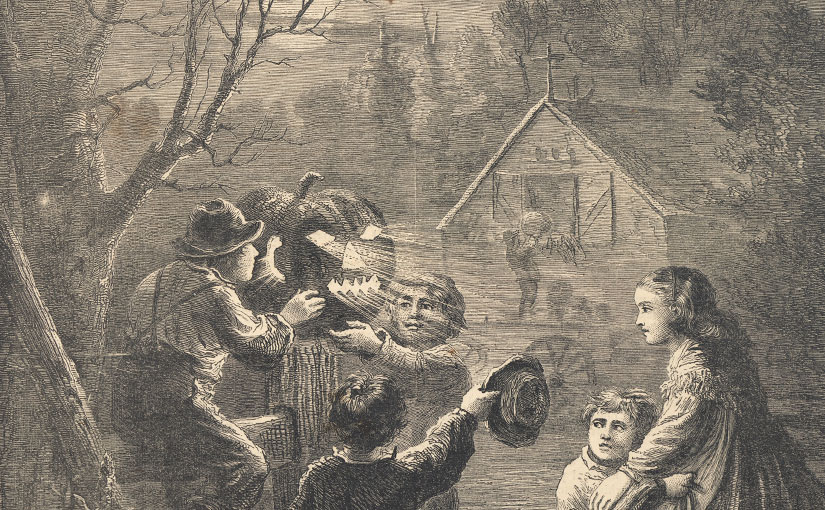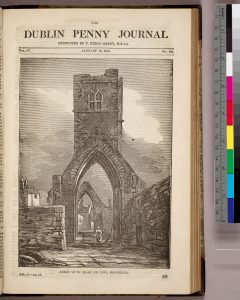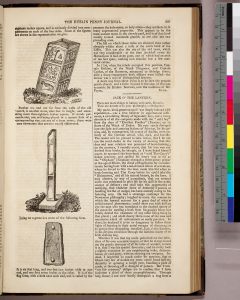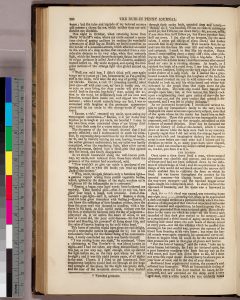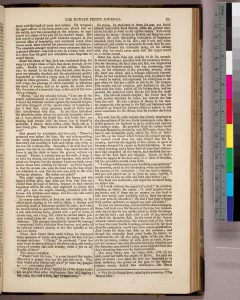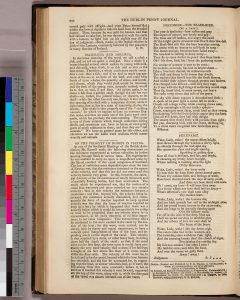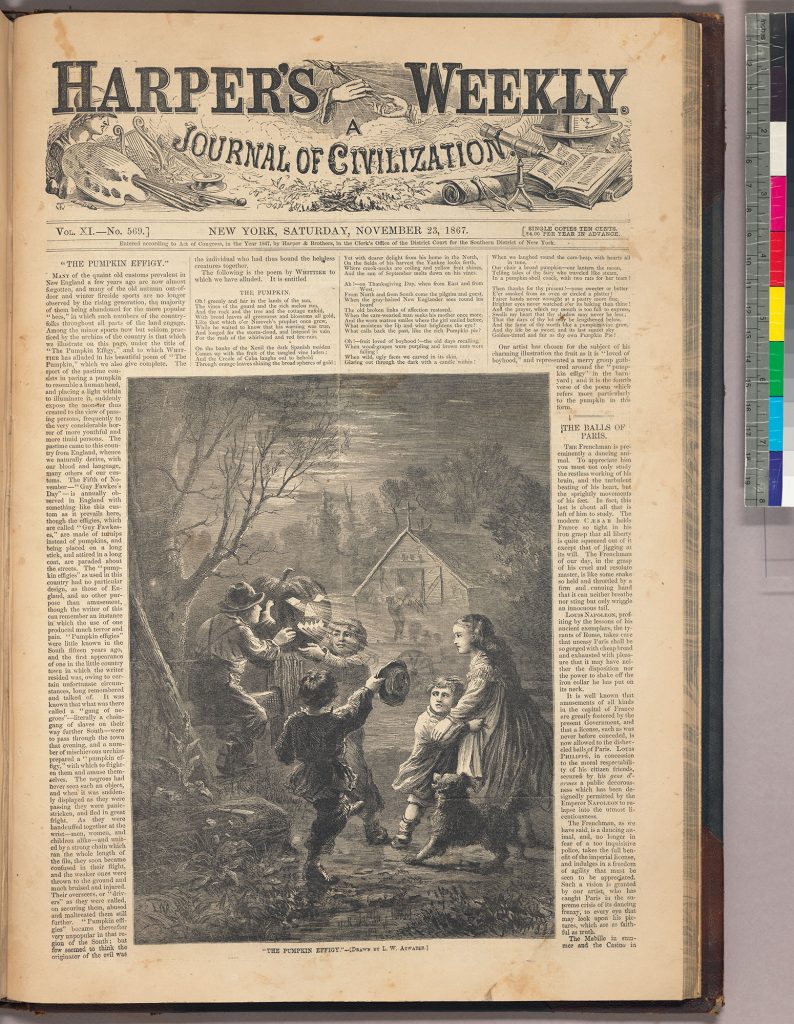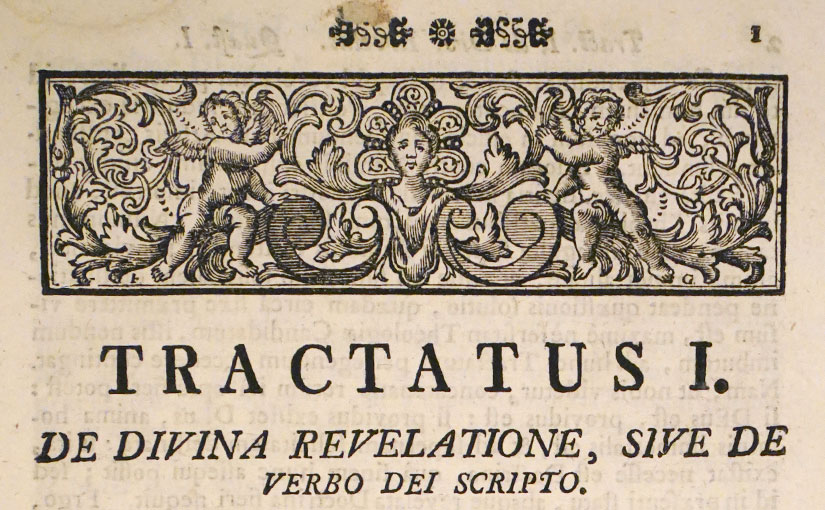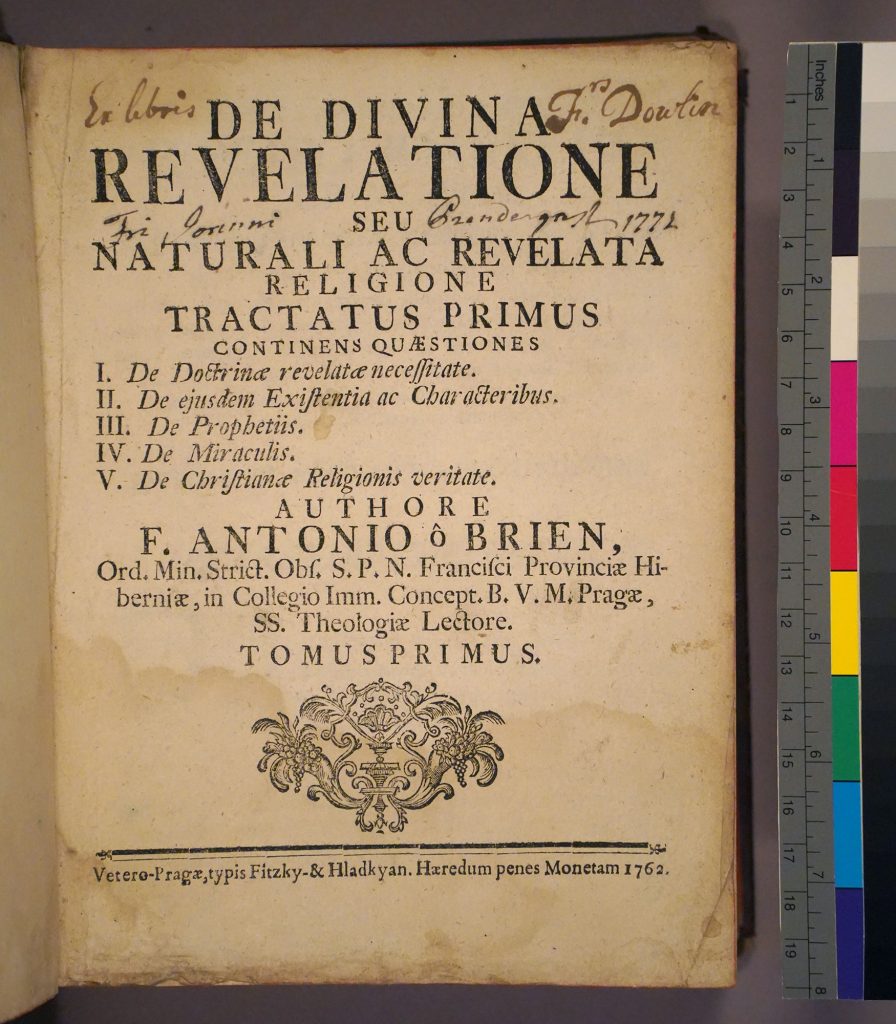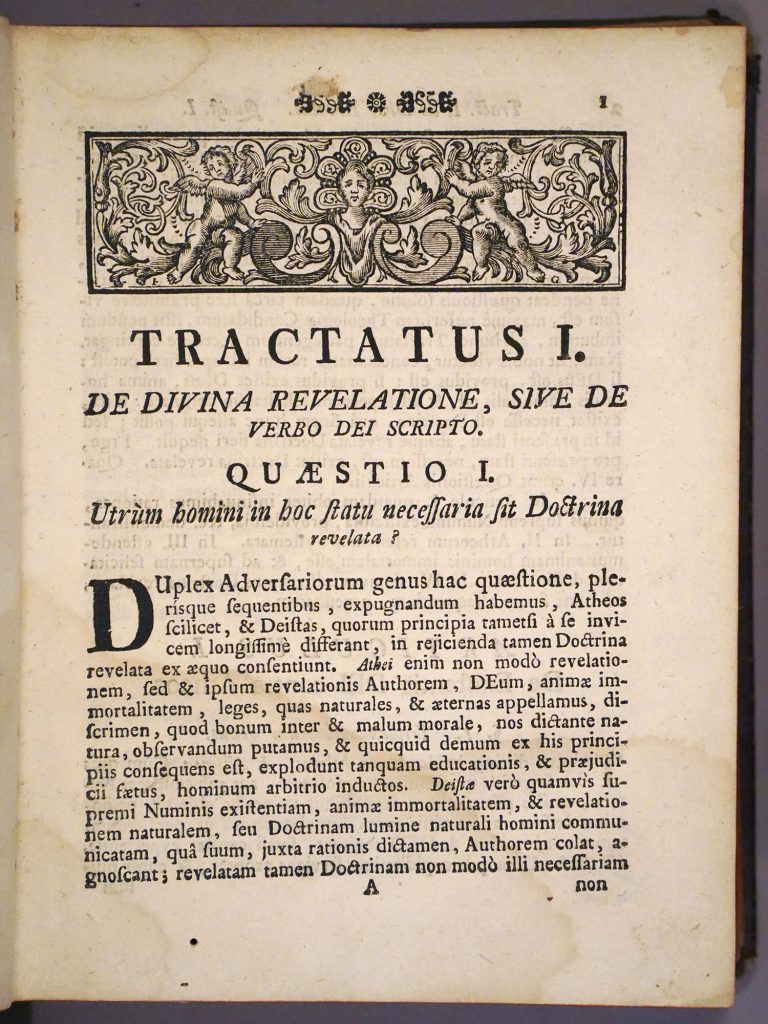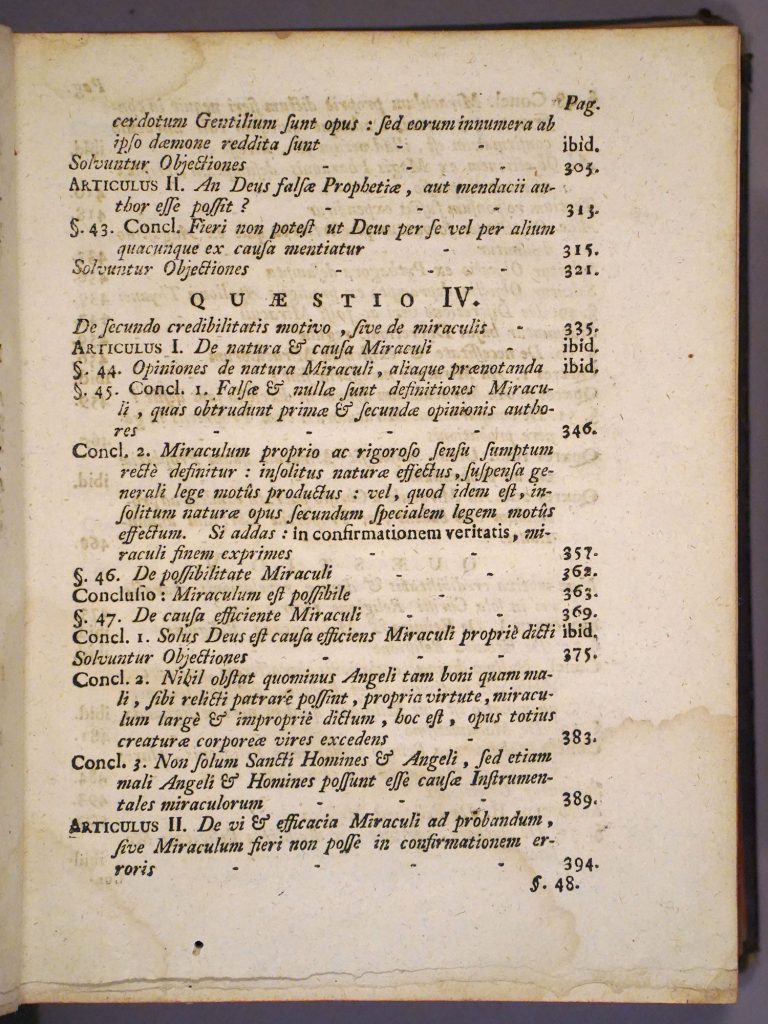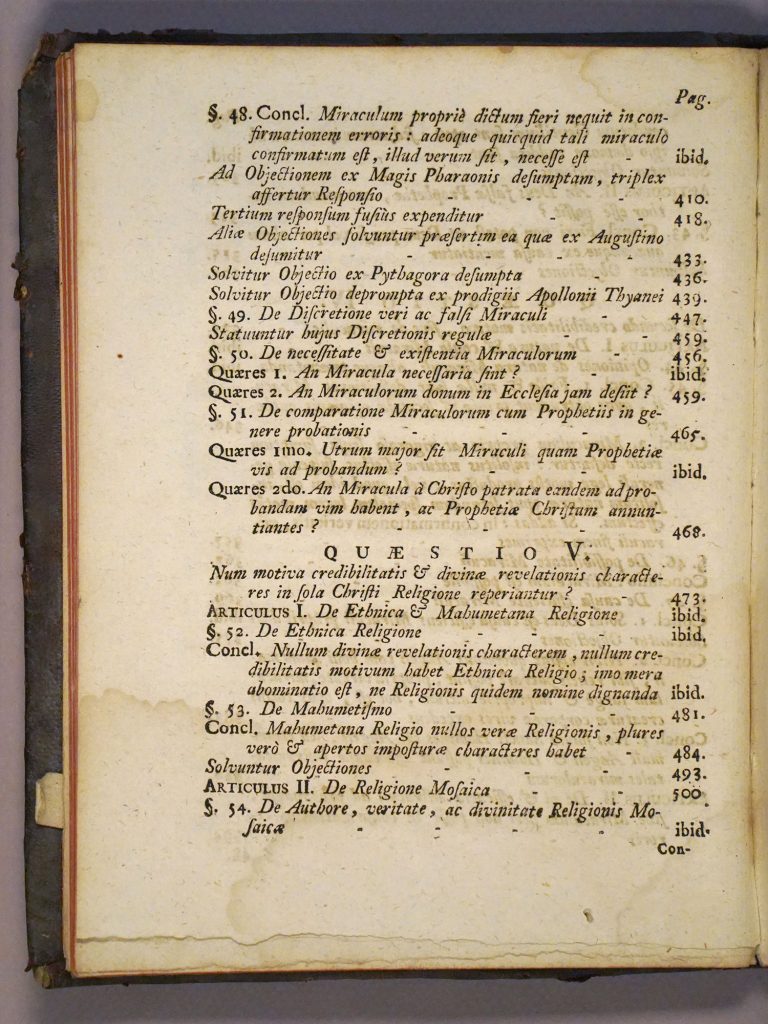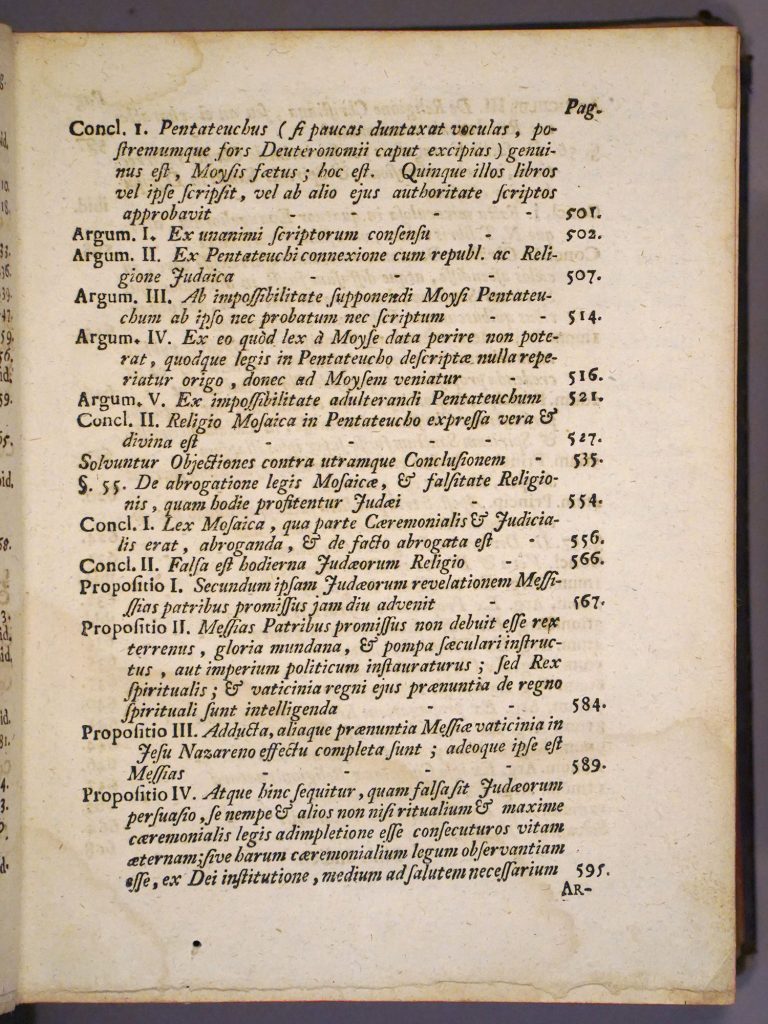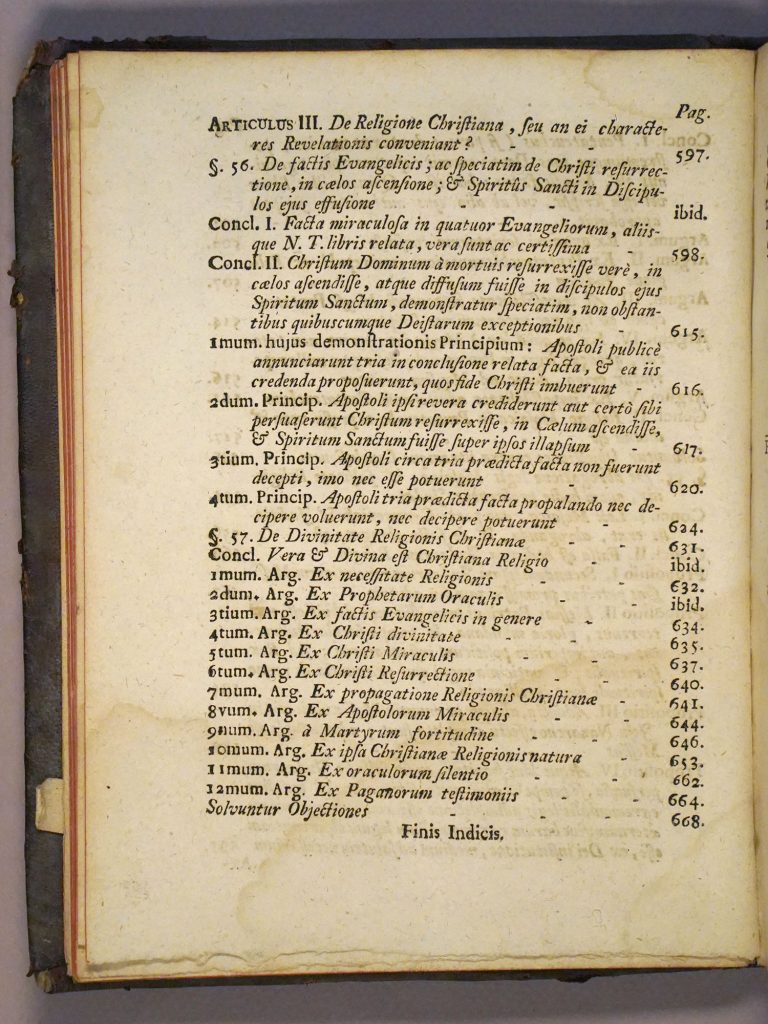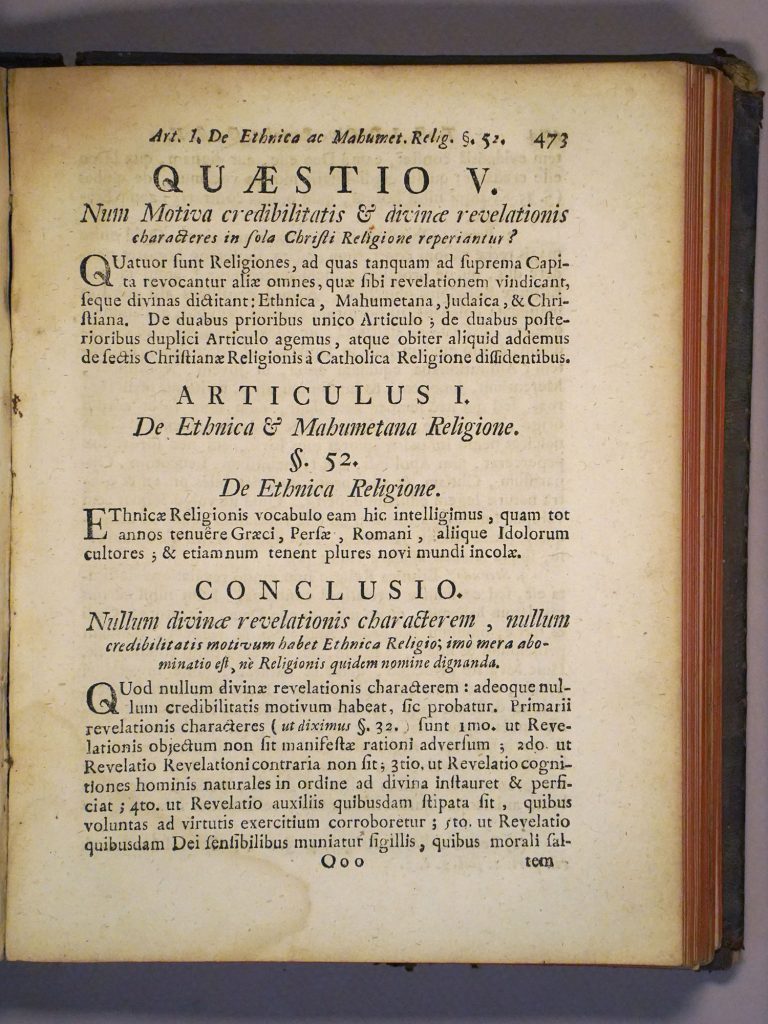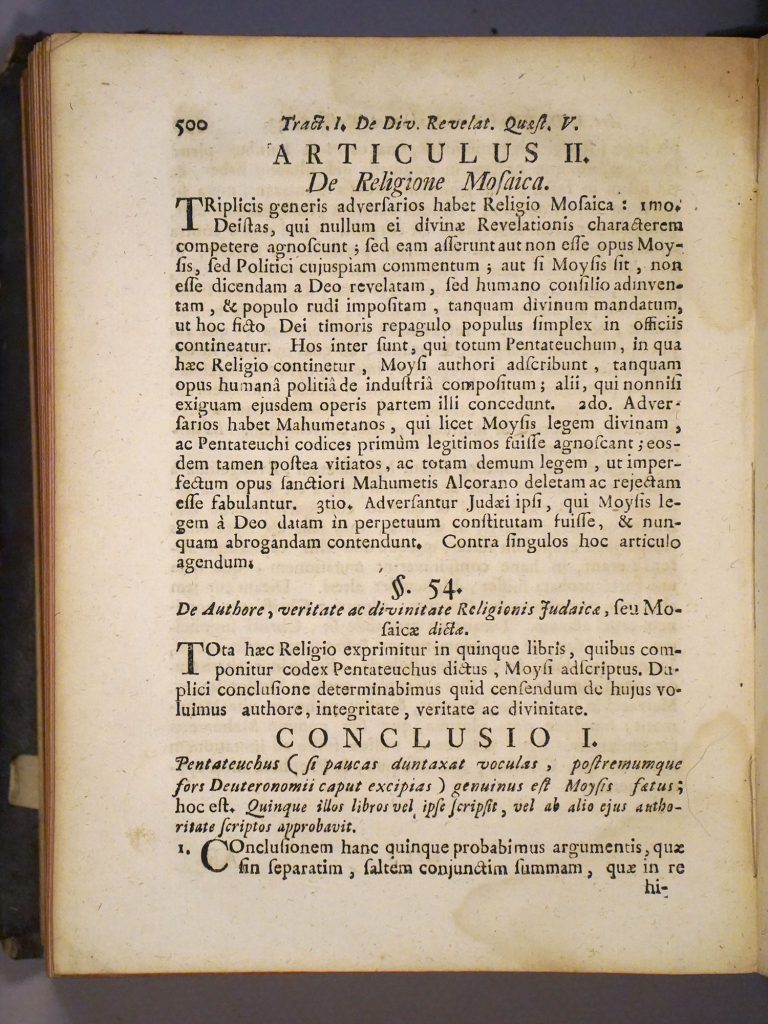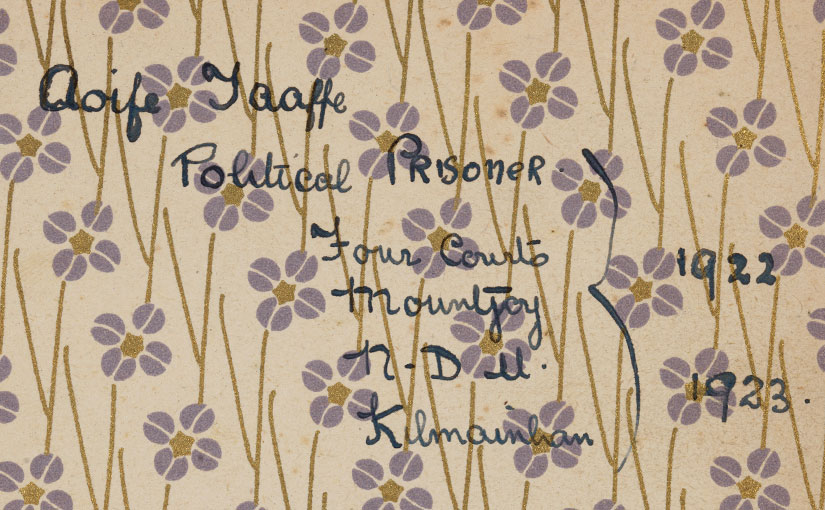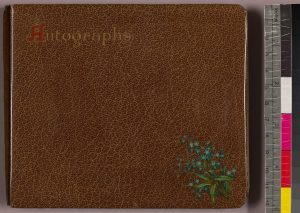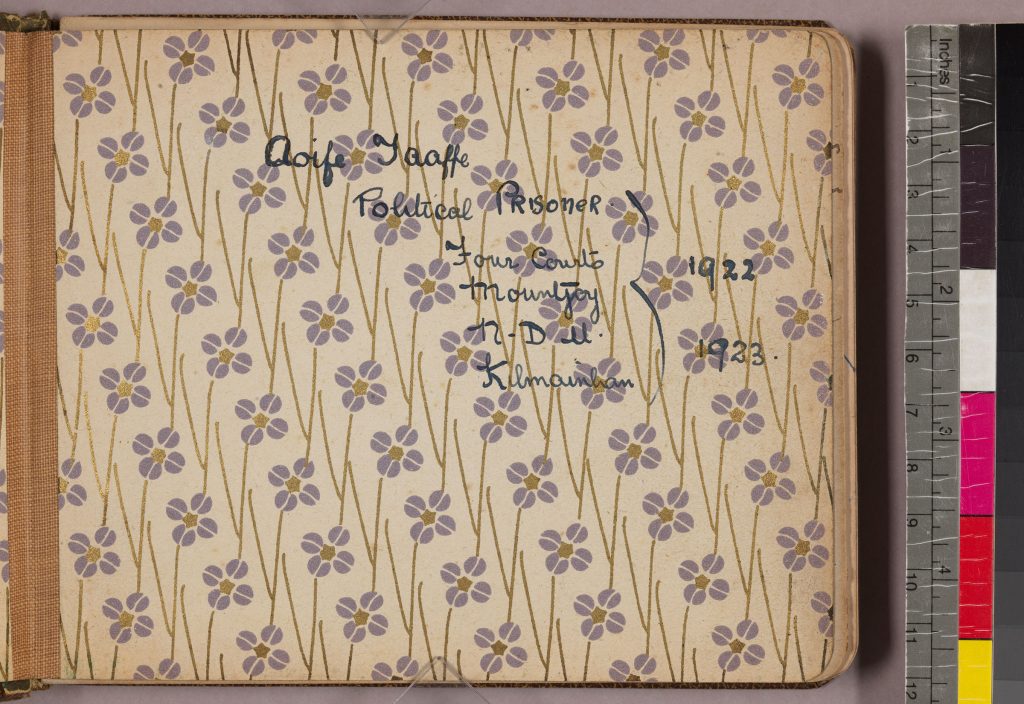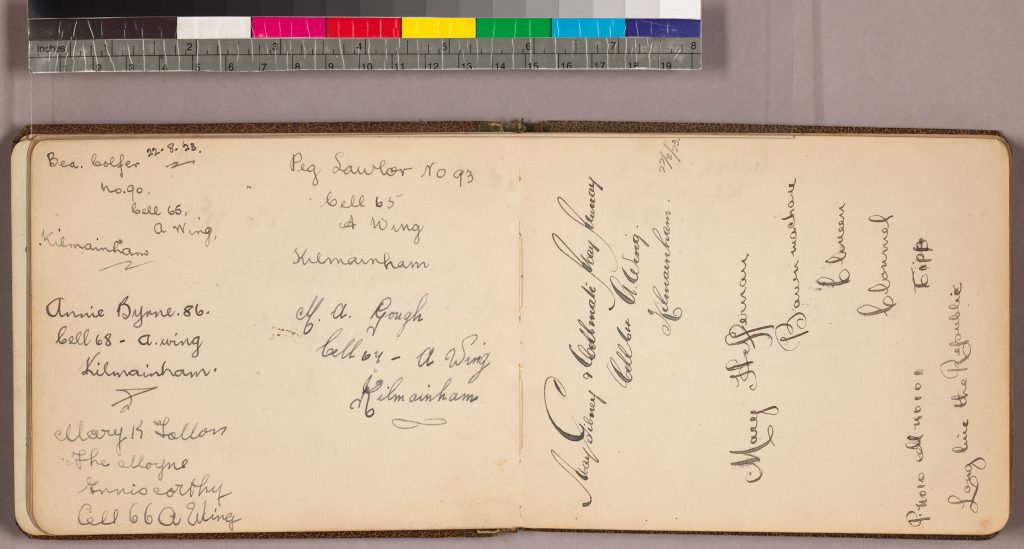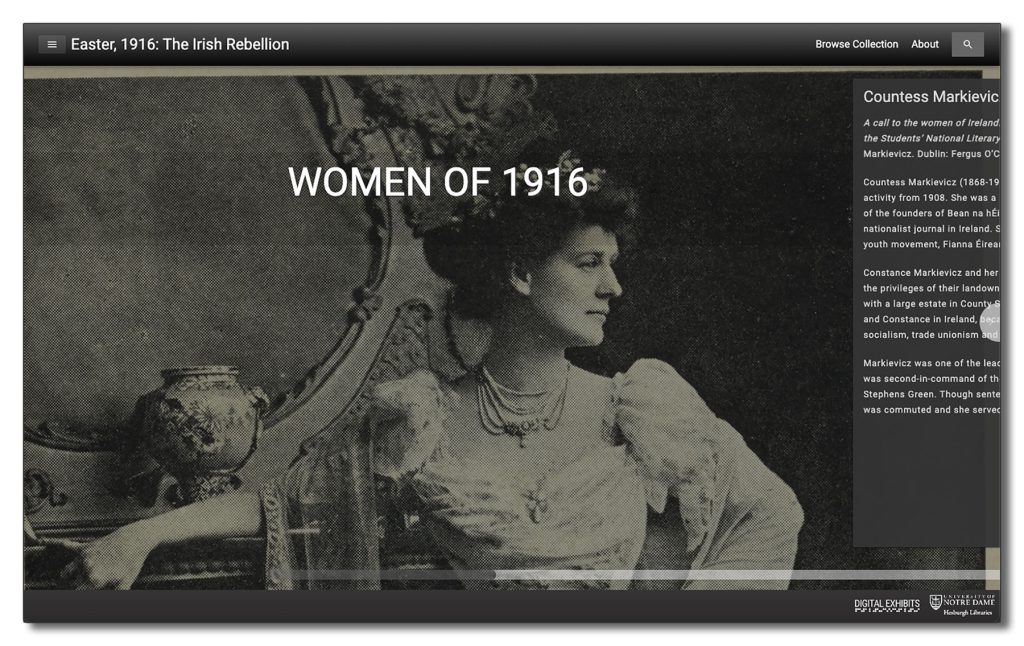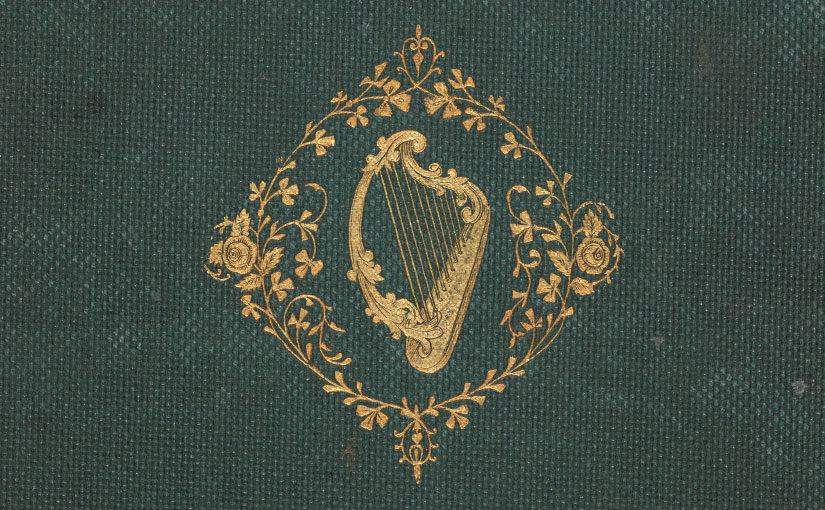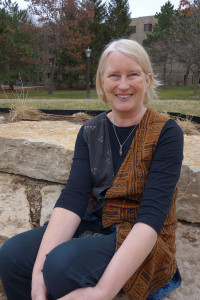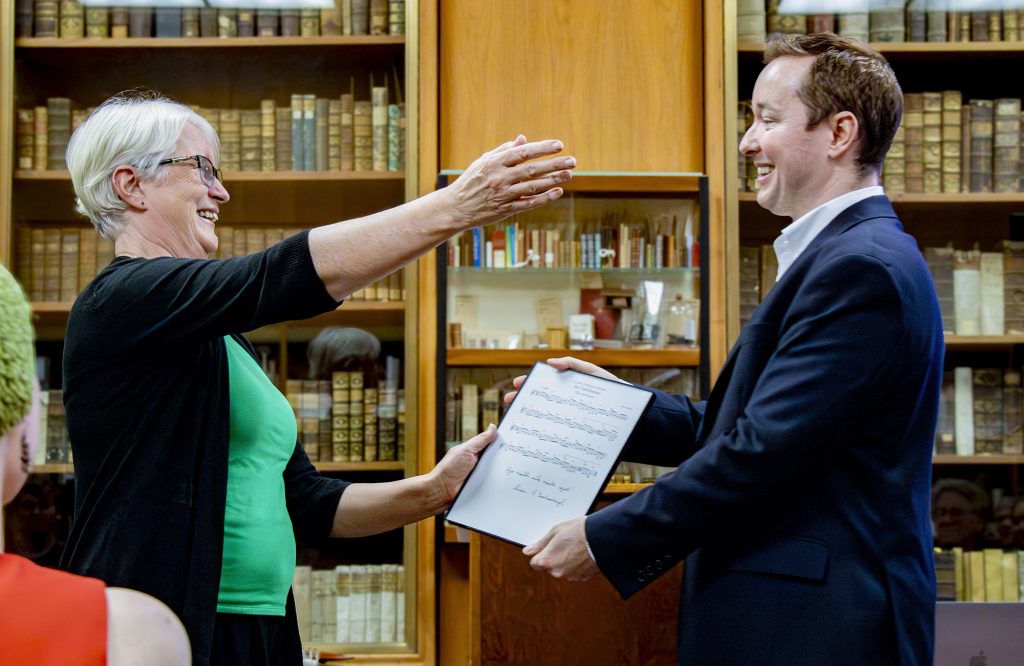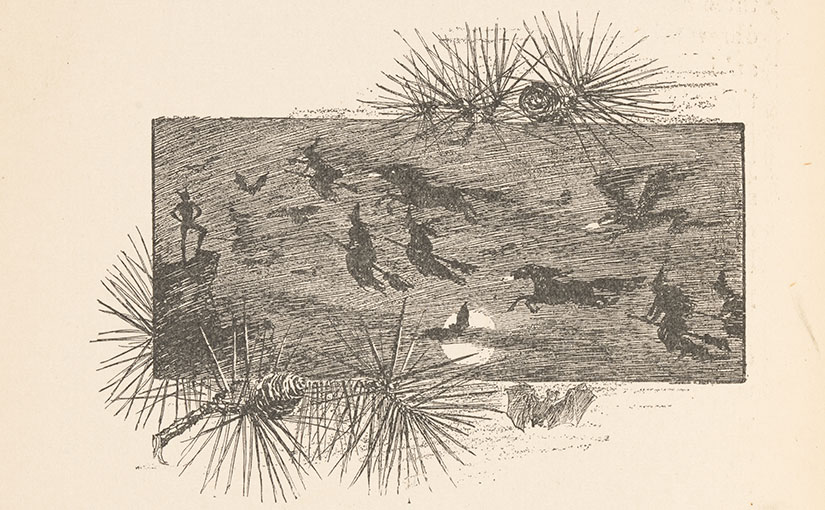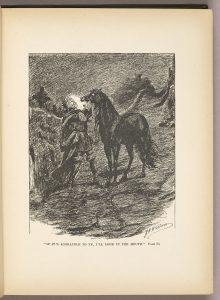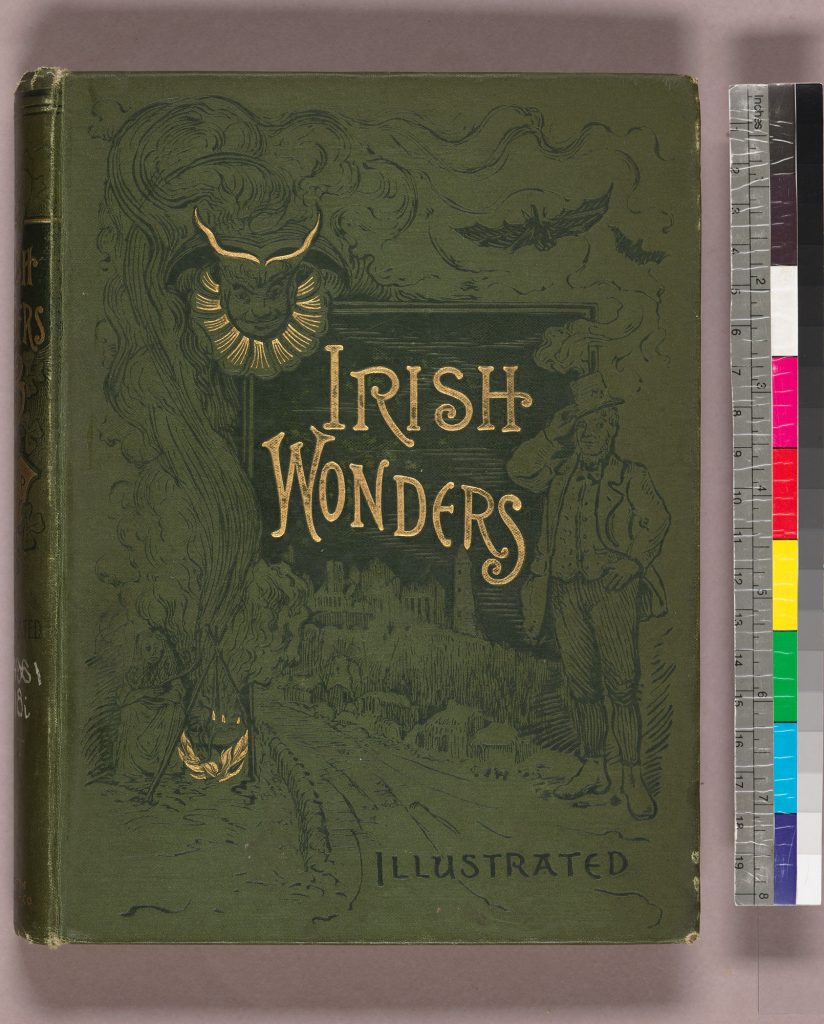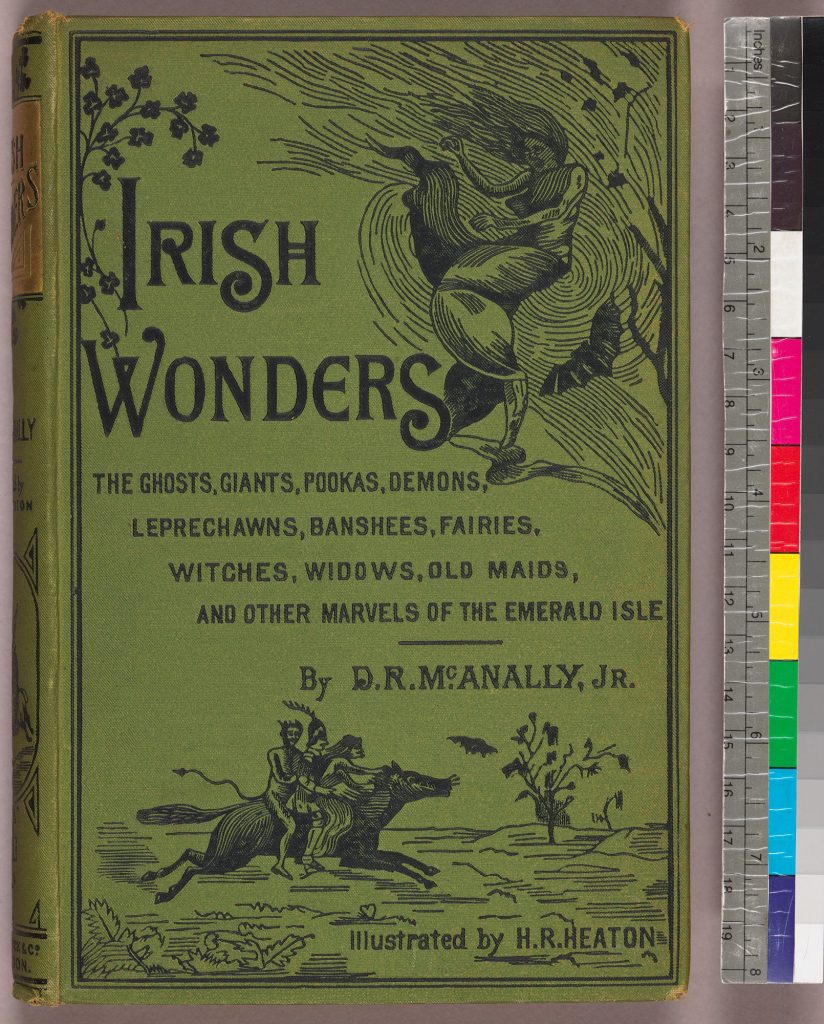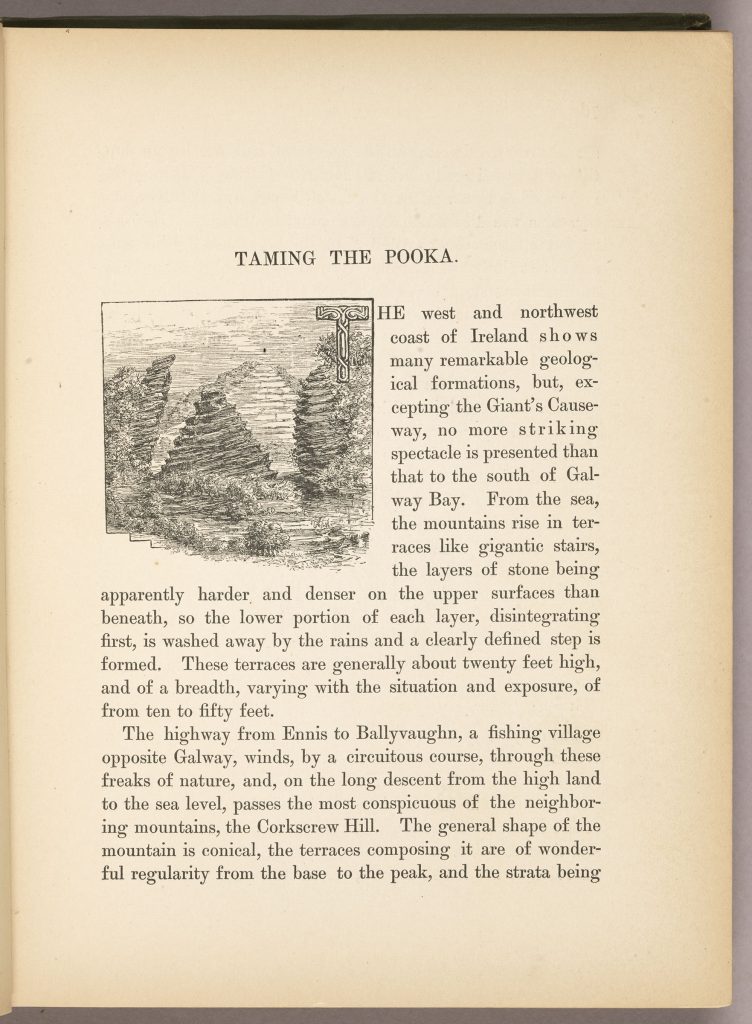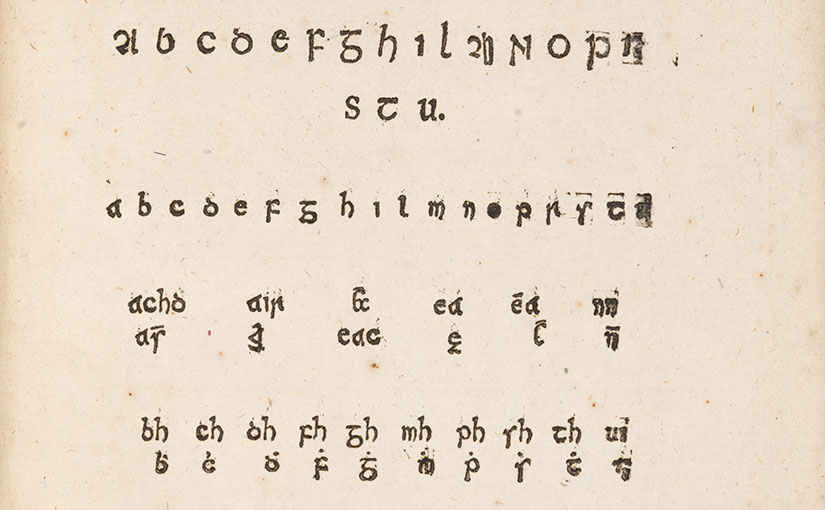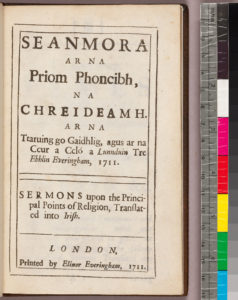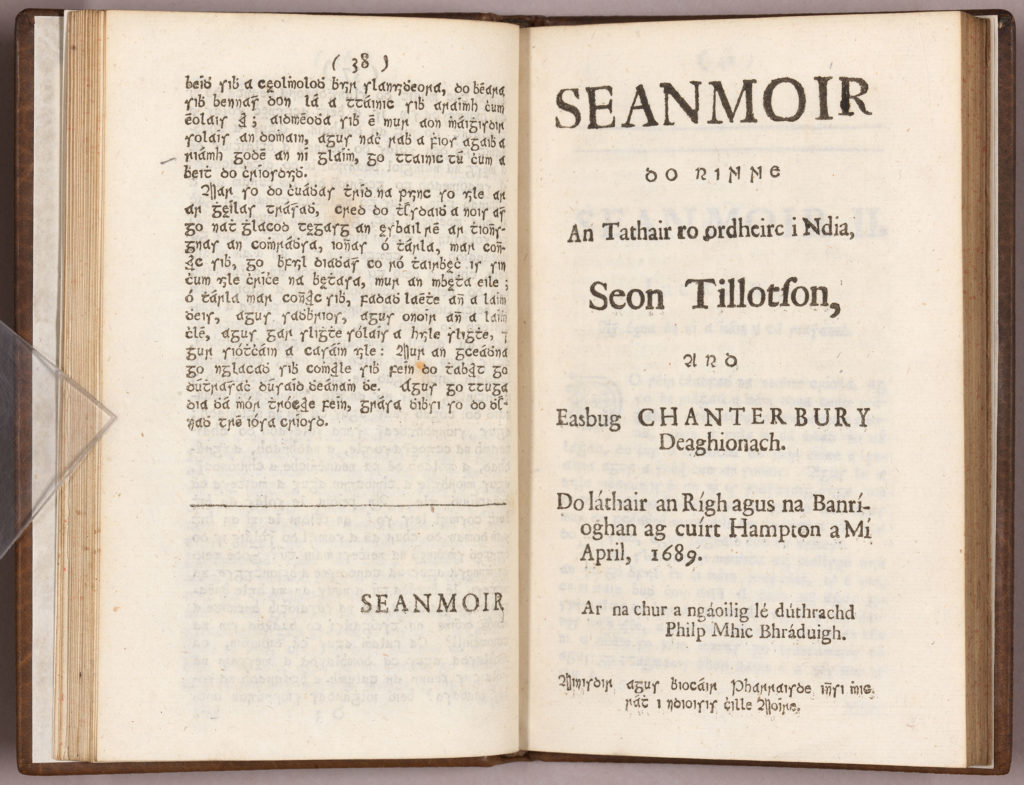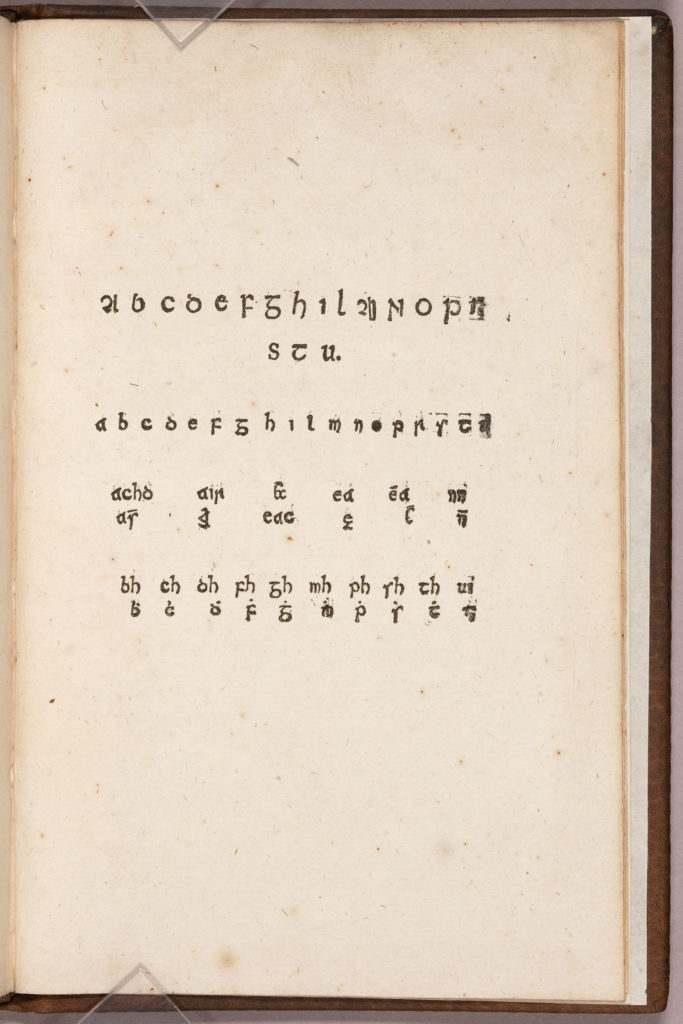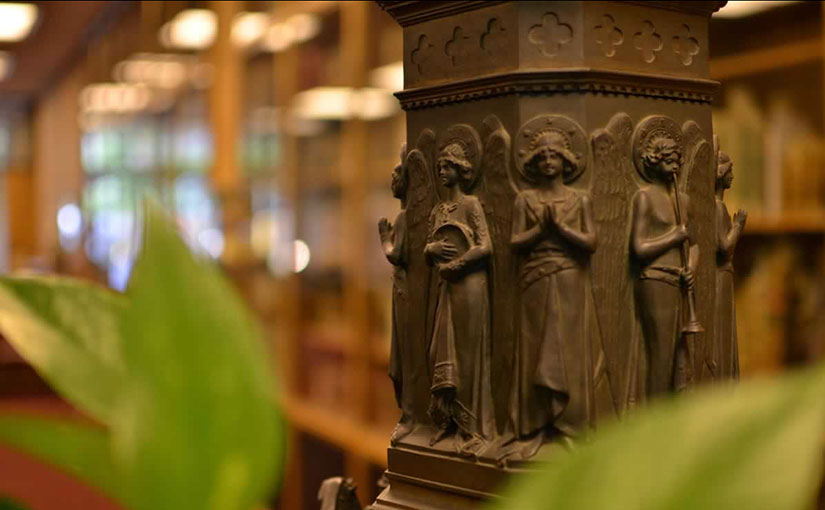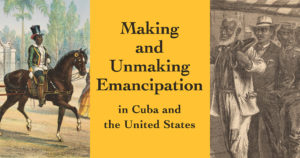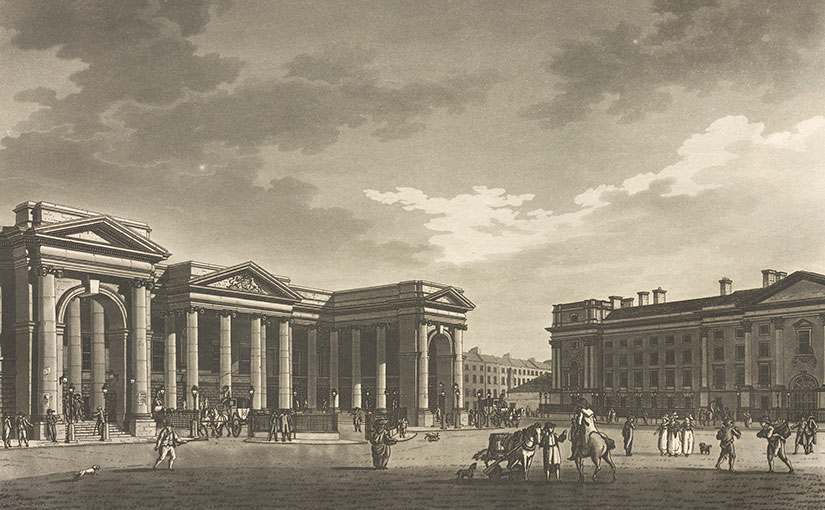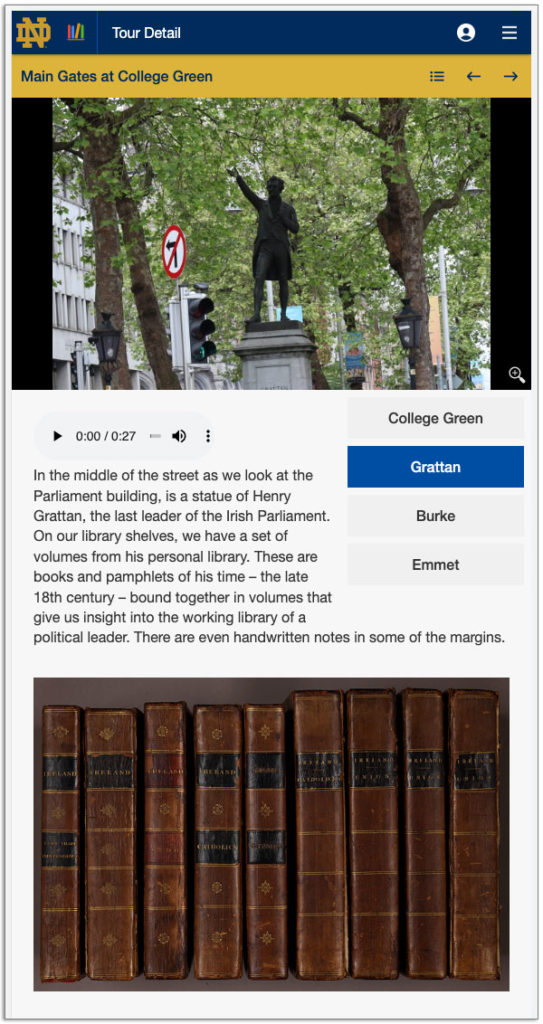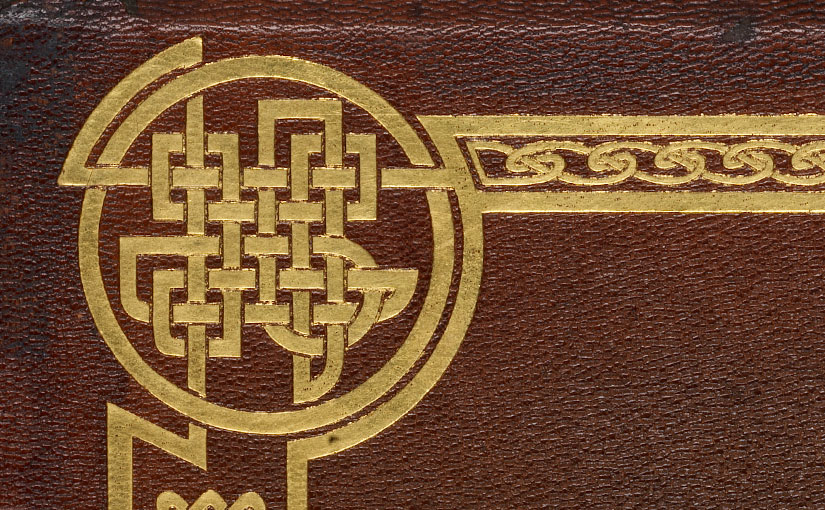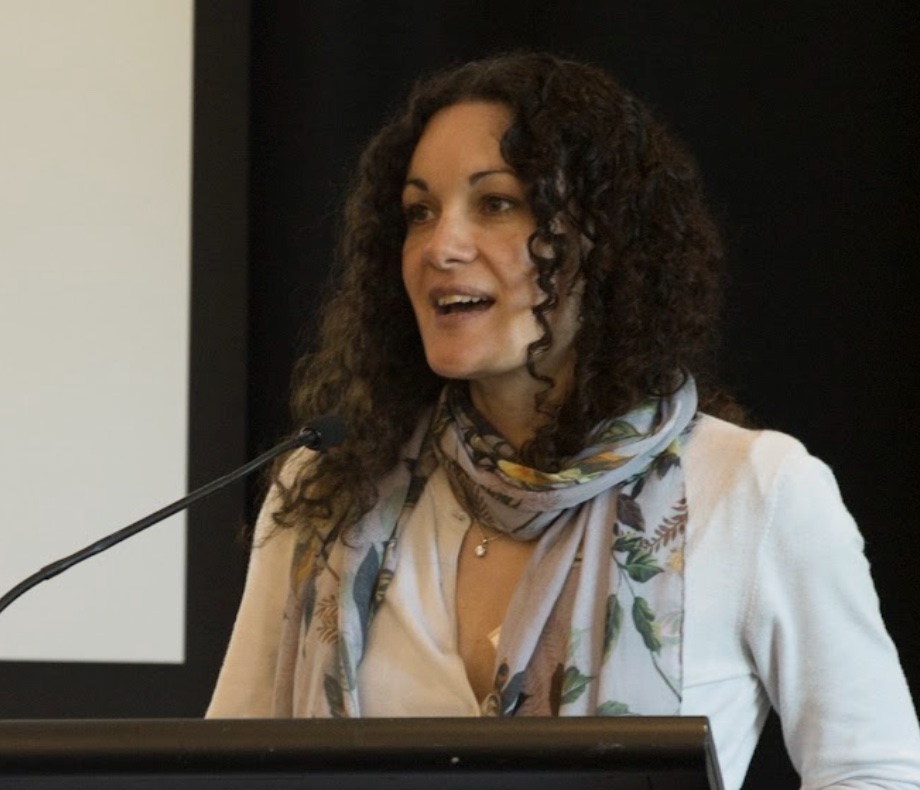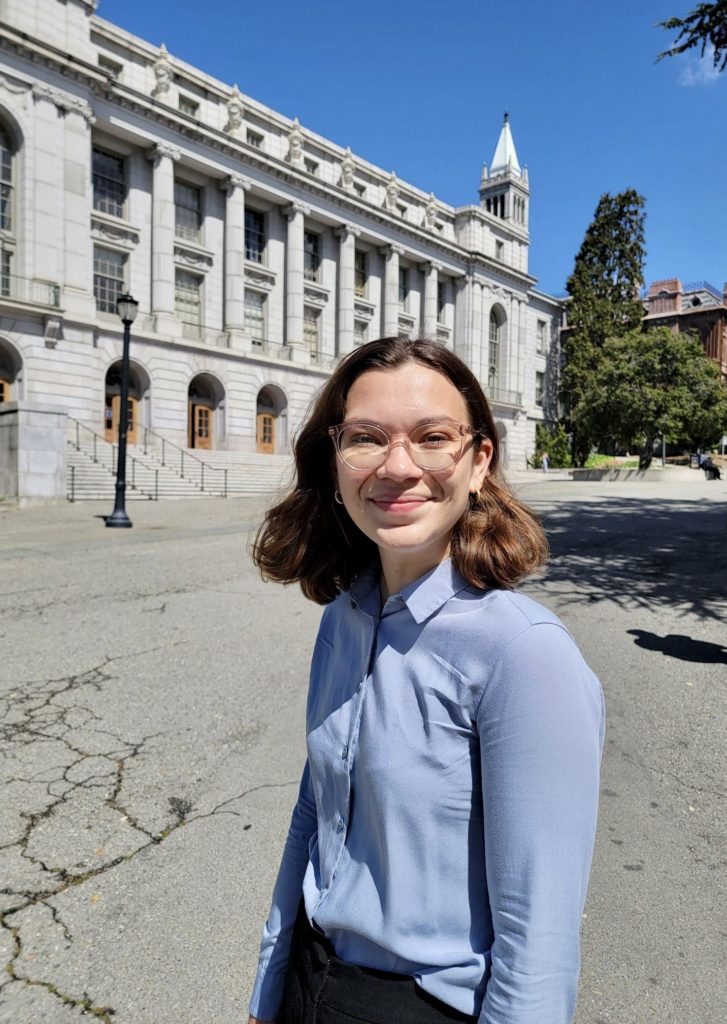by Matthew Knight, Irish Studies Librarian and Curator
In honor of St. Patrick’s Day, Rare Books and Special Collections is pleased to showcase this recently-catalogued item, Fianna: The Voice of Young Ireland. This journal was published sporadically between 1935-36 by an organization called Na Fianna Éireann—also known as the Boy Scouts of Ireland. The goal of the publication was to rekindle a spirit of patriotism in a new generation of Irish youth. It featured songs, poetry, and prose in English and Irish; biographical sketches of republican heroes and martyrs; patriotic editorials that focused on the glorious past; essays on the joys and benefits of camping; and updates on the various sluaite (troops) across the country. Hesburgh Libraries houses the only complete run of this extremely scarce publication in which, among other things, 13-year-old Brendan Behan saw his first articles in print.
Background
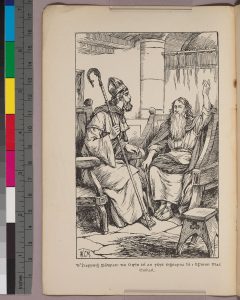
Na Fianna Éireann was founded in 1909 by Countess Constance Markievicz and Bulmer Hobson to create an Irish nationalist alternative to British uniformed youth groups like the Baden-Powell Boy Scouts (from which the Boy Scouts of America would later be formed). Taking its name from the Fianna, the legendary band of warriors in ancient Irish mythology, the young members of Na Fianna Éireann were provided with both military training and a nationalist education, emphasizing the importance of Irish language, history, and cultural traditions.1 Although generally aged between eight and seventeen years, these boys were prepared, mentally and physically, to make the ultimate sacrifice for Ireland.2
Due to the military nature of Na Fianna Éireann, however, controversies regarding the role of girls in the organization quickly arose. Even though Countess Markievicz, one of Ireland’s most famous woman activists, was a founding member of the Fianna, the annual Ard-Fheis (National Convention) of 1912 voted to make the organization open to boys only.3
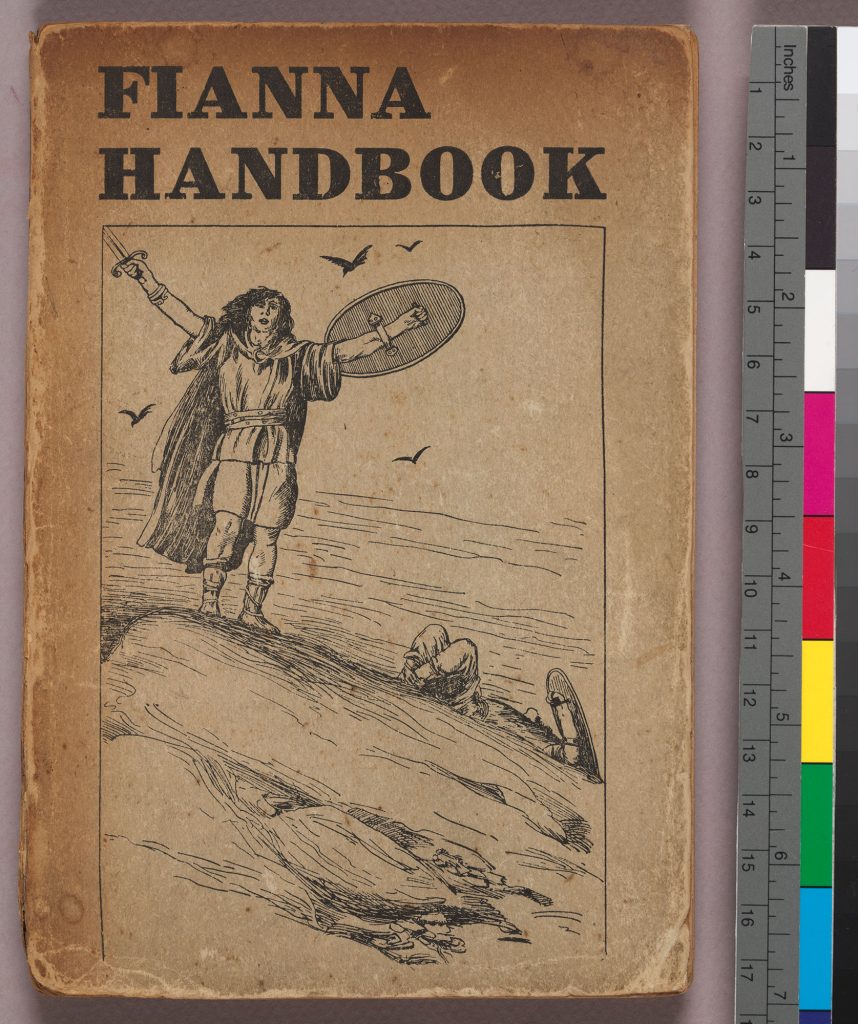
Members of Na Fianna Éireann were also involved in the production and distribution of Irish nationalist publications, including the 1914 Fianna Handbook and a monthly newspaper, Fianna, which first appeared in February 1915 and ran until Easter 1916. British authorities included this work in a list of publications that they considered to be disseminating “seditious propaganda.” Although the publication contained mostly innocuous fiction, poetry, jokes, historical essays, and a monthly column on folklore written in Irish, it is apparent that British authorities were aware of the nationalist undertones of the contents and likely of Na Fianna Éireann itself.4
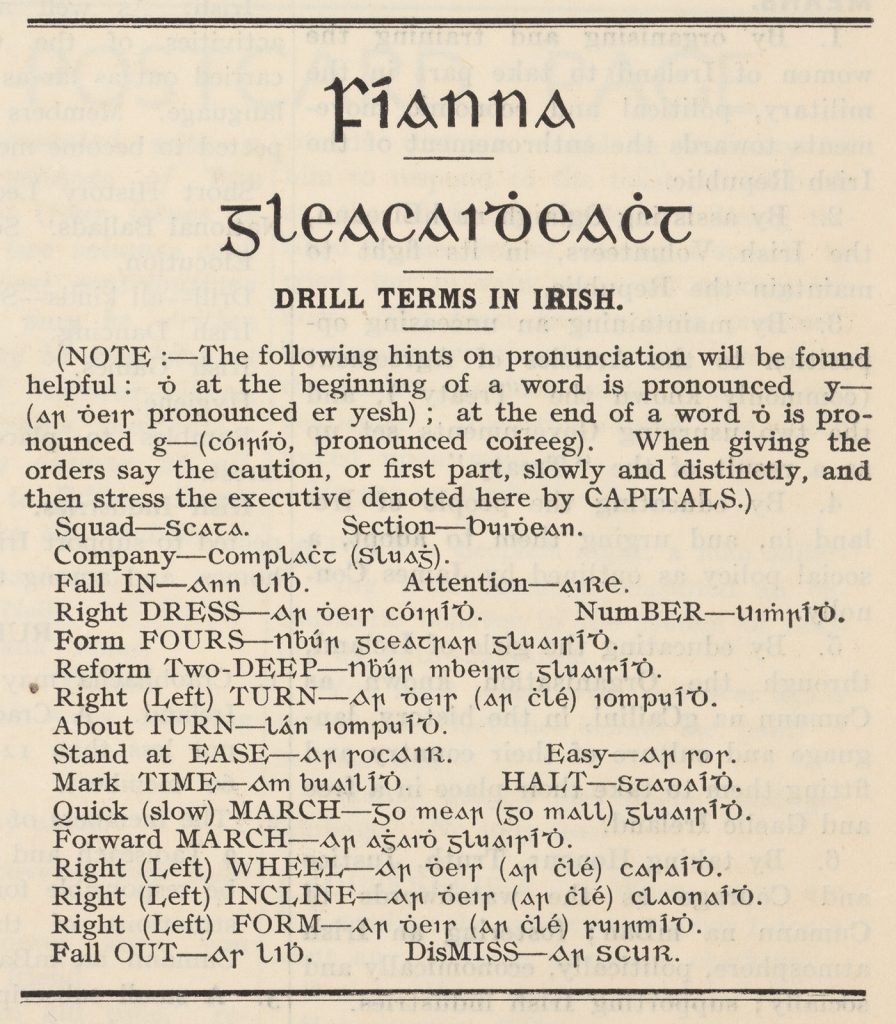
Current and former Fianna participated in the 1916 Easter Rising, and the organization later worked alongside the Irish Republican Army (IRA) in the Irish War of Independence (1919-21). As with the broader republican movement, Na Fianna Éireann experienced internal divisions over the 1921 Anglo-Irish Treaty, ultimately taking an anti-Treaty stance (Pro-Treaty members having left the group). The ensuing Irish Civil War (1922-23) nearly destroyed Na Fianna Éireann, as membership numbers collapsed, and many leaders and affiliates were killed or imprisoned. After the Civil War, Countess Markiewicz once again revived her beloved organization, though with a fundamental change in philosophy that disassociated the children’s group from any actual military activity. Instead, they became an independent, non-political, civilian group focused on educating and training young boys to be good Irish citizens.5 Theirs, however, was still to be a republican education.
Revival of Fianna
Revitalizing Na Fianna Éireann proved difficult, as the Free State government did not buy into the notion that the group was truly non-political; thus, in 1931, the IRA and the Fianna were declared illegal organizations. Na Fianna Éireann also faced competition from other youth organizations, especially the Catholic Boy Scouts of Ireland founded in 1927, but membership did continue to increase each year. When Éamon de Valera and his Fianna Fáil party gained power in 1932, and freed republican prisoners and suspended the Act proscribing Na Fianna Éireann, membership exploded across the country.
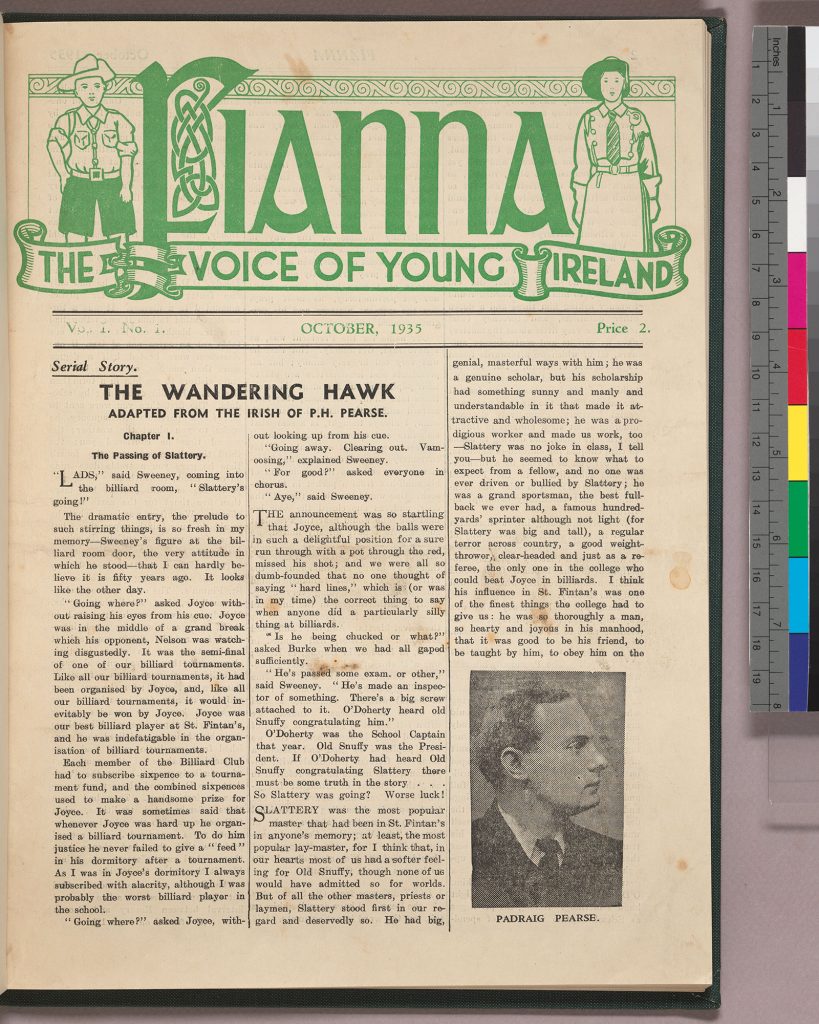
High-ranking officials in the organization decided to revive the Fianna journal for a new generation of youth. With the help of poet Norah O’Kane of Derry, they published the first issue of Fianna: The Voice of Young Ireland in October 1935.6 Serving and former members of Na Fianna Éireann who died in the Easter Rising were praised and promoted as role models in historical essays, and contributors like young Brendan Behan provided wonder tales and heroic biographies of their own.
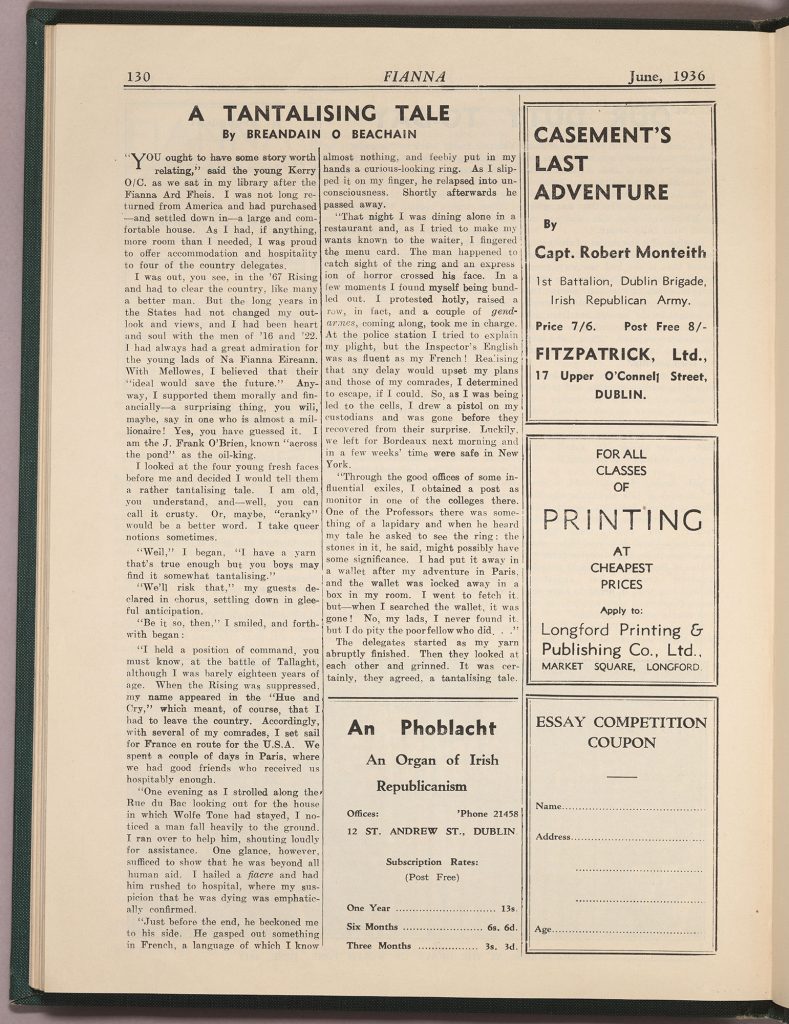
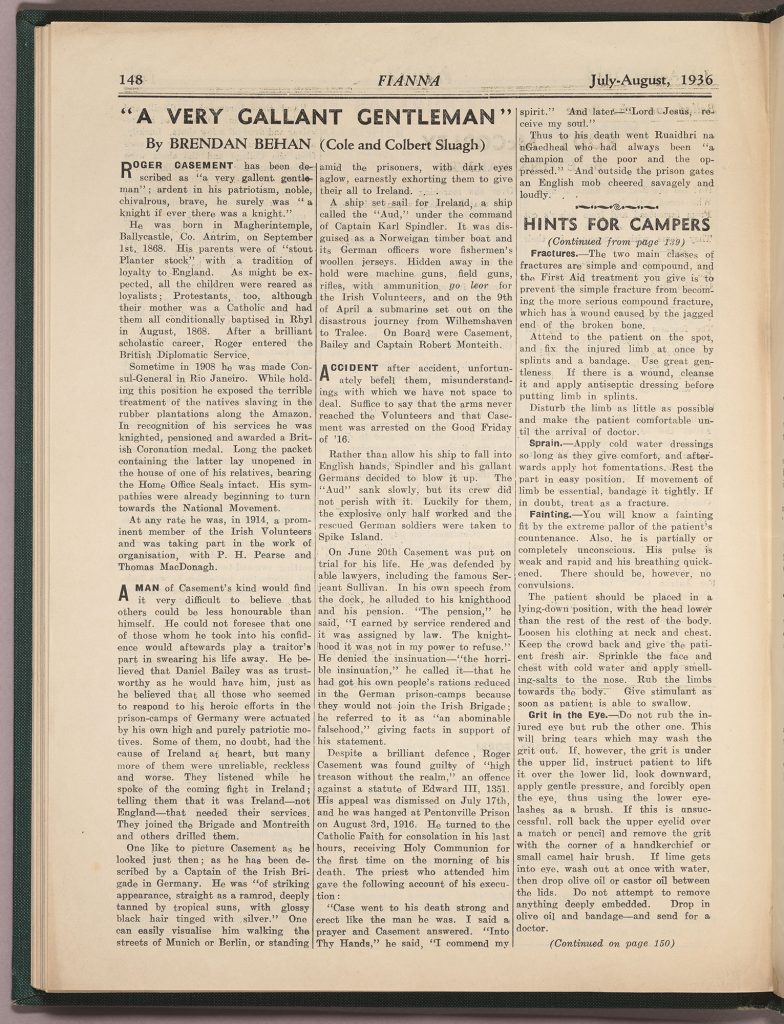
Fianna: The Voice of Young Ireland, July-August 1936, page 148
Interestingly, despite its continued existence as a boys-only organization, this incarnation of Fianna devoted as much space in its columns to the past and present contributions of women to the nationalist cause, reprinting the works of—and offering tributes to—Rose Kavanagh, Alice Milligan, Countess Markievicz, Anna Johnston (AKA Ethne Carbery) and several others, while issuing regular reports on the activities of Cumann na mBan, Cumann na gCailíní, Cumann na Gael, and Mná na Poblachta. Since one of the leading editors was Norah O’Kane, one might perceive her guidance, and potentially even the primacy of her input, in these choices.7
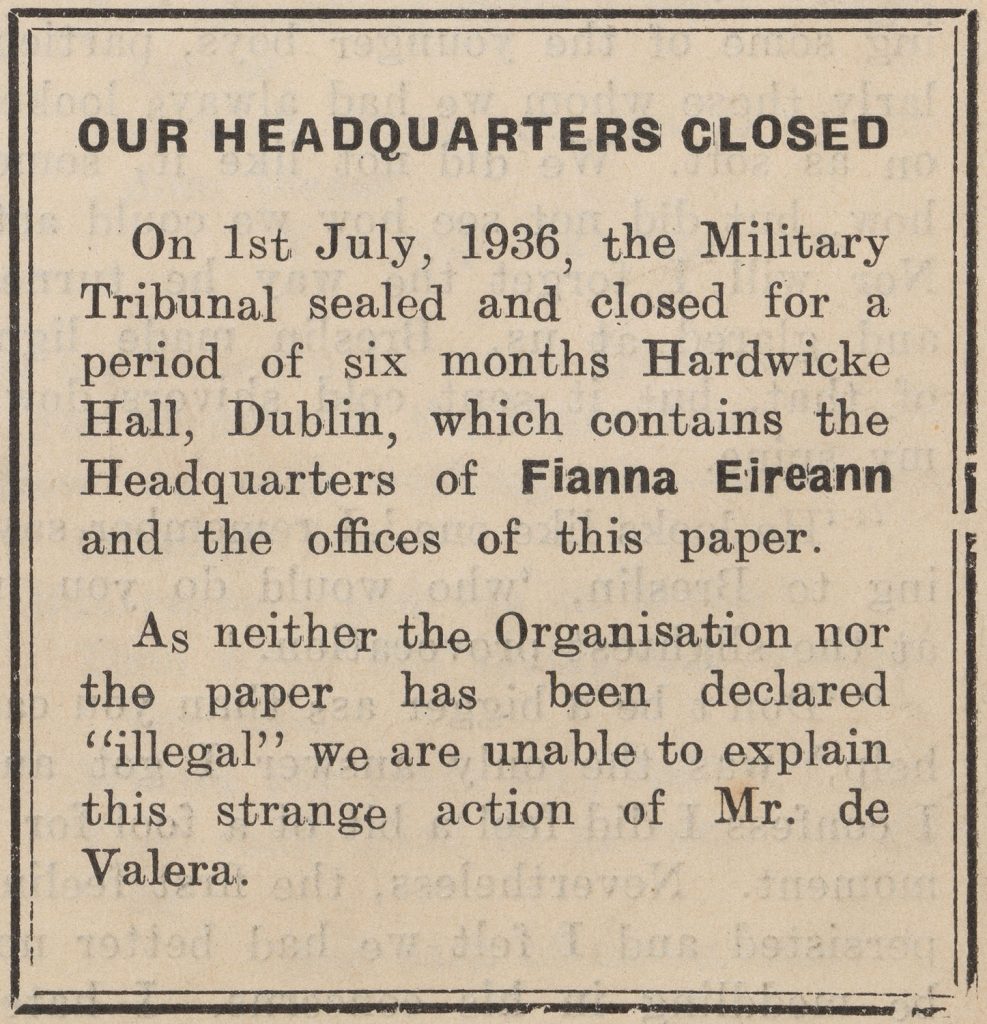
Na Fianna Éireann was made illegal in the Free State in the summer of 1936, along with other Republican organizations, and Fianna was shuttered after the July-August issue. The proscription of this journal and its sponsoring organization, along with its association with a children’s cause, may have led to its scarcity in the historical record. Yet, it offers much to researchers interested in the under-studied topics of women’s and children’s contributions to Irish independence. Notre Dame is excited to house this rare publication, and we hope that you will visit Rare Books and Special Collections to see more of this fascinating periodical, and celebrate St. Patrick’s Day and Women’s History Month at the same time.
Footnotes
1. For more information on the history of Na Fianna Éireann see: Marnie Hay, Na Fianna Éireann and the Irish Revolution, 1909-23: Scouting for Rebels. Manchester: Manchester University Press, 2019.
2. At age eighteen the Fianna would ‘graduate’ into the Irish Volunteers military group or, after 1919, the IRA.
3. Some girls joined the Clann na Gael Girl Scouts, an auxiliary to the Hibernian Rifles. When Cumann na mBan (League of Women) was formed in 1914 as an auxiliary to the Irish Volunteers, many of the young women who joined were former Fianna. It was not until 1930 that Cumann na mBan established their own republican scouting organization for girls, Cumann na gCailíní, or the Irish National Girl Scouts. See: Hay, Na Fianna Éireann, 11-12.
4. The organization later revived the journal Fianna—in 1921 and 1926—but it shuttered after one issue each time.
5. See John R. Watts, “Na Fianna Éireann: A Case Study of a Political Youth Organization,” PhD Thesis, University of Glasgow, 1981. https://theses.gla.ac.uk/1907/
6. Many boys had fathers who served in the British army during WWI, so it was necessary to indoctrinate them into the republican cause. For more on the editors of Fianna see: S.G. O’Kelly, “I Knew the Real Brendan Behan,” in Irish Digest, vol. 78, No. 12, 1964, 67-70.
7. Note the masthead, unlike previous iterations of the journal, depicts a girl opposite a young boy scout. Also, the inclusion of all women’s groups is especially interesting, as Mná na Poblachta had recently split from Cumann na mBan on political lines. This lack of an editorial preference for which group to highlight in its pages is telling. The Fianna were still referring to Cumann na gCailíní as their female counterpart in 1964 and finally began to accept girls as members in 1968–69.
Previous St. Patrick’s Day Blog Posts:
2022: The Breastplate of Saint Patrick — Thomas Kinsella and the Dolmen Press
2021: Competing with Finian’s Rainbow
2020: St. Patrick’s Day Postcards
2019: St. Patrick and the Nun of Kenmare
2018: St. Patrick’s Day in America, 1872
